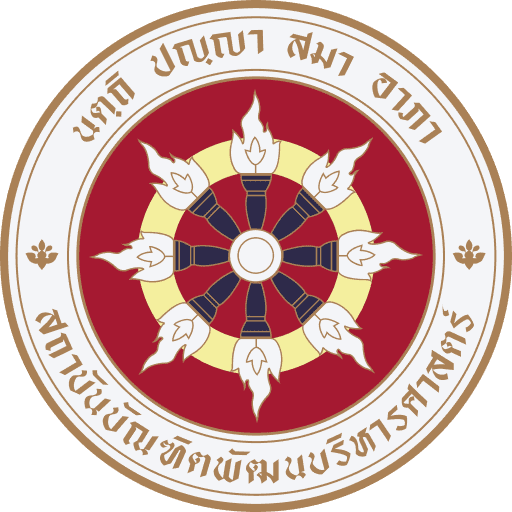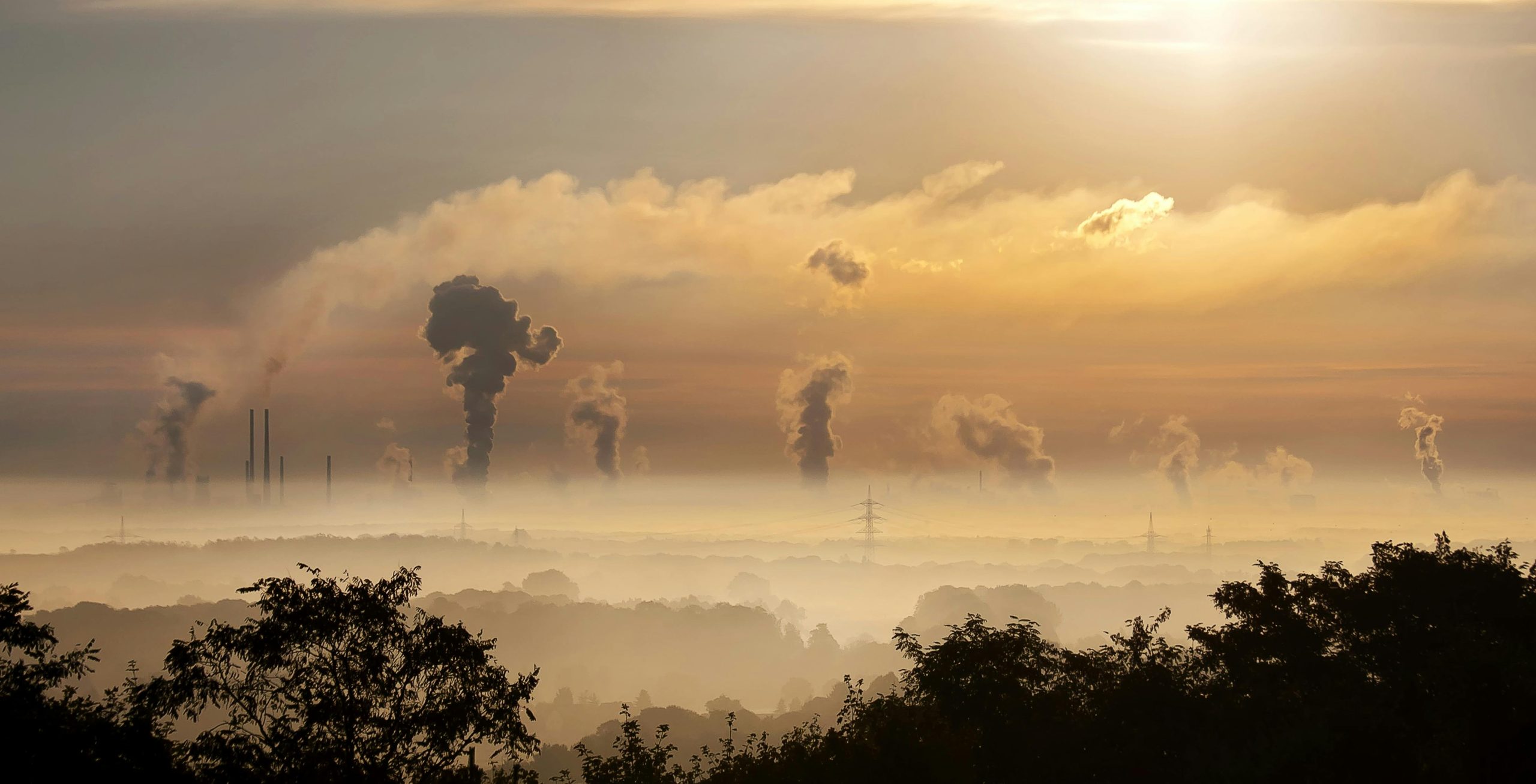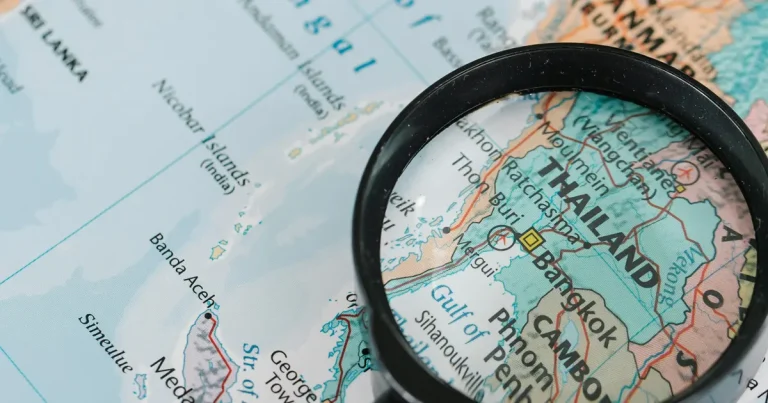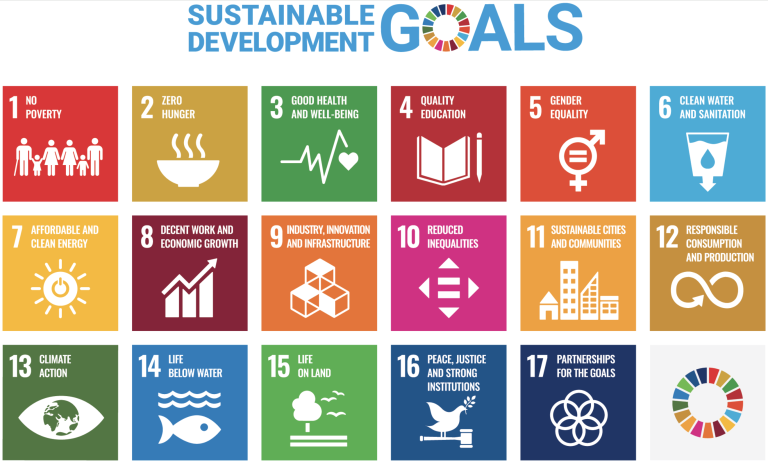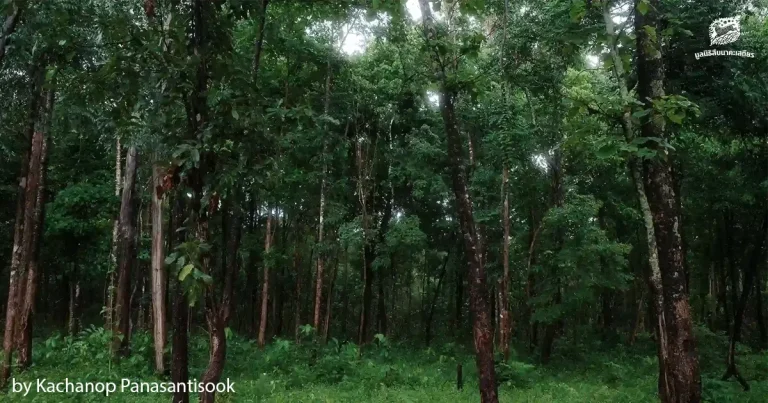During the Conference of the Parties (COP26) of the UNFCCC, Prime Minister of Thailand, General Prayut Chan-ocha, pledged that Thailand will achieve Carbon Neutrality by 2050 and Net Zero Greenhouse Gas Emissions by 2065. To meet these targets, Thailand will need to reduce fossil fuel consumption (yellow bars) and maintain a significant carbon sink (green bars) through LULUCF (Land Use, Land-Use Change, and Forestry). This commitment underscores the crucial role of forests as a key carbon sink for Thailand.
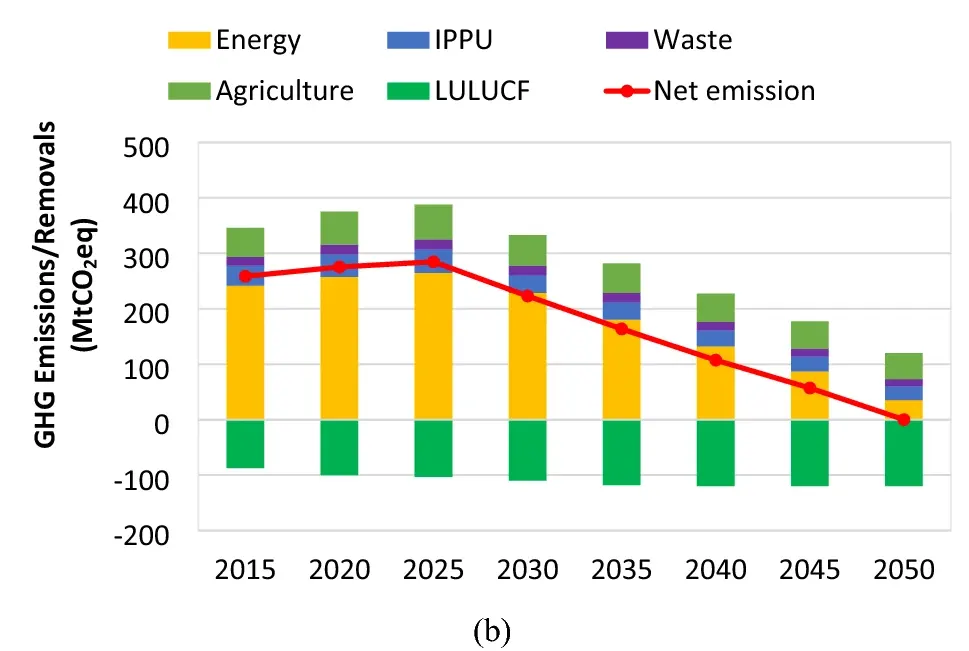
Source: (Salony Rajbhandari et al.,(2023)
The economy’s engagement in carbon sequestration and carbon sink will be crucial for many countries to meet their decarbonization targets. Developing countries, in particular, need to strategically promote carbon sequestration and carbon sink technology, as these innovations can be very costly and may burden the government financially. However, as pointed out by Evgeny Vinokurov (2021), among the carbon capture potentials, forestry has proven to be the most cost-effective. Additionally, forestry will also yield several co-benefits, including timber and non-timber products, climate regulation, water retention, and the conservation of biodiversity or ecotourism.
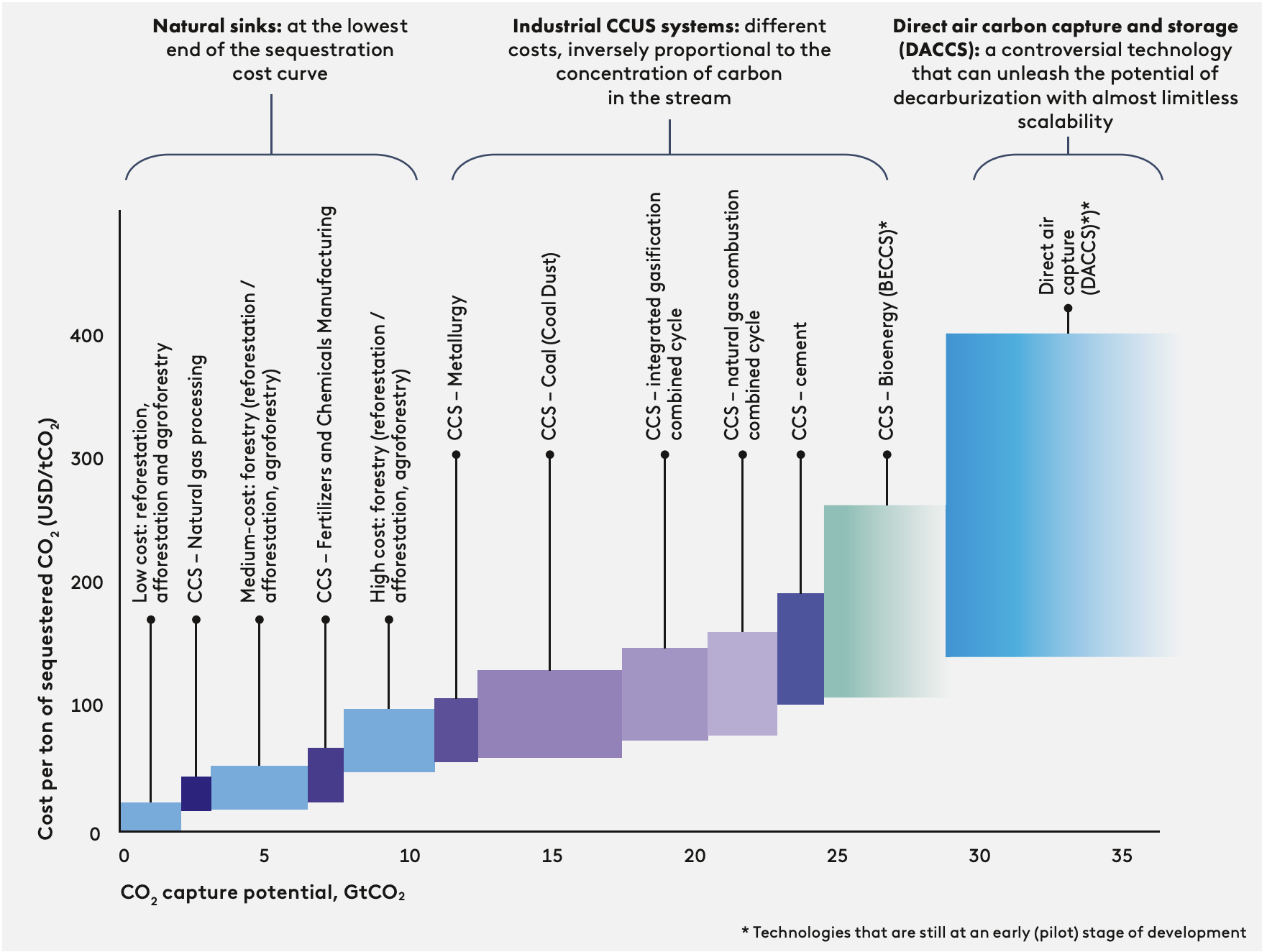
Source: UNECE (2021) cited in Evgeny Vinokurov (2021) “Green Technologies for Eurasia’s Sustainable Future”. Joint report by the Eurasian Development Bank and the Global Energy Association.
For this reason, the Forest Bond Initiative, which offers an economic solution to deforestation in Thailand, will play a crucial role in transforming Thailand into a low-carbon society and increasing resilience.

